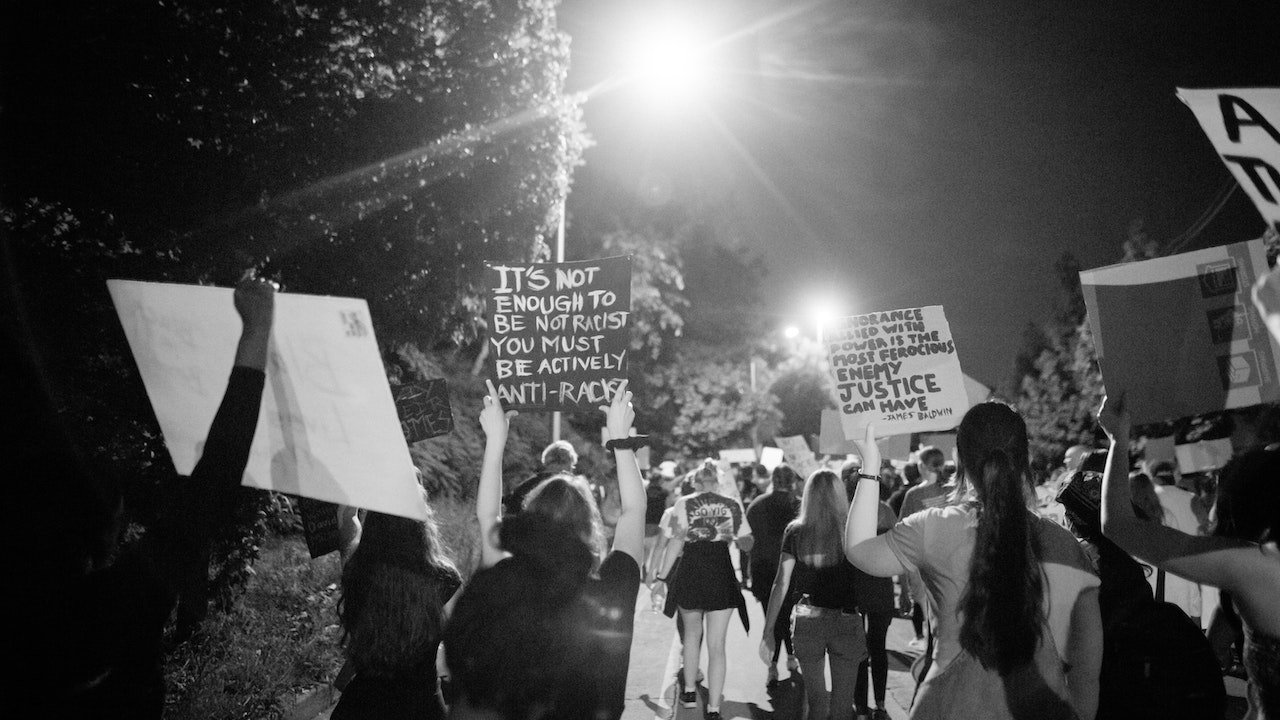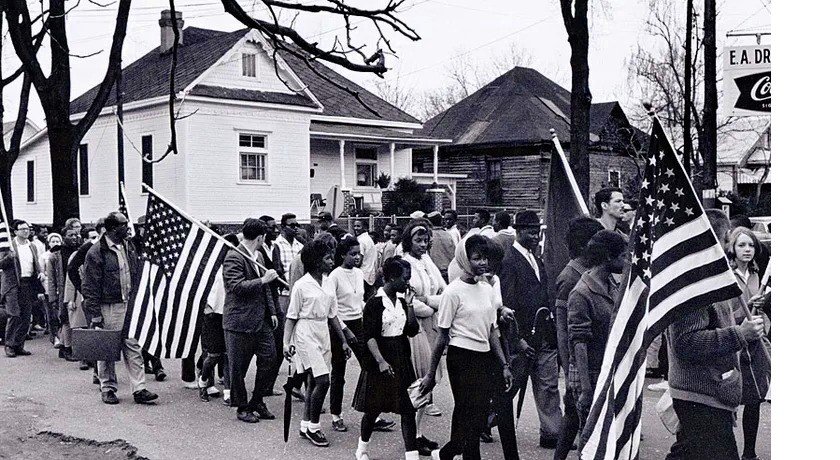Addressing Racial Disparities through Civil Rights Legislation 2023


Historical Background of Civil Rights Laws
Civil rights legislation’s historical backdrop reflects a protracted fight for equality. Civil rights were significantly advanced in the United States during the 1950s and 1960s thanks to the leadership of people like Martin Luther King Jr. and Rosa Parks. The Civil Rights Act of 1964, which outlawed discrimination in a number of areas of life, including employment, education, and public accommodations, was a historic piece of legislation that resulted from these efforts.
The Effects of Civil Rights Law
Laws pertaining to civil rights have had a significant influence on society. It has aided in the abolition of segregation, improved marginalized community’s access to education and work opportunities, and promoted a more inclusive society. Greater equality and social justice have been made possible by civil rights laws by establishing legal protections against discrimination.
Read More: The Basics of Tort Law: What You Need to Know (2023)
Attention must also be paid to economic inequality and employment prospects. Even though there are legal safeguards against employment discrimination, there are still racial discrepancies in hiring, promotion, and salary. To guarantee equitable job opportunities, redress pay disparities, and foster diversity and inclusion in the workplace, civil rights legislation can be further improved. Additionally, targeted programmes that encourage minority-owned enterprises and entrepreneurship with funding and other resources can help reduce economic inequalities and promote economic empowerment in underserved communities.
It is imperative to stress that civil rights legislation cannot end all racial inequalities on its own. True success necessitates an all-encompassing strategy that includes community engagement, policy changes, education, and continual work to eradicate systematic racism. To build a society that values diversity, equity, and inclusivity, individuals, groups, and governments must collaborate.
Present-day Obstacles to Reducing Racial Disparities
Despite the advancements, there are still racial discrepancies in a variety of spheres of life. Income, education, the criminal justice system, healthcare, and housing are just a few of the areas where disparities can be seen. These differences are a result of a number of factors, including socioeconomic inequality, unconscious bias, and systematic racism. A complex strategy including legislative action, policy adjustments, and community involvement is needed to address these issues.
Areas that could use improvement
Legislation pertaining to civil rights can be enhanced and increased in order to further address racial imbalances. This could entail passing extra legislation that focuses on problems like voting suppression, police reform, and housing discrimination. The racial divide can also be reduced by actively promoting diversity and inclusion in companies and educational institutions. Investing in programs that deal with socioeconomic disparities and offer equal access to high-quality healthcare and education is also essential.
Conclusion
Although civil rights law has been helpful in addressing racial inequality, more has to be done. Societies can go closer to establishing full equality and justice for all people, regardless of race or ethnicity, by comprehending the historical context, recognizing the impact of current laws, and finding opportunities for change.
Although civil rights legislation has been essential in eliminating racial inequality, it is critical to understand that it is not a permanent fix. True equality cannot be attained without an all-encompassing and ongoing effort from individuals, communities, organizations, and governments. Although civil rights laws offer a legal foundation for addressing discrimination, they must be combined with larger societal reforms and dedication to removing systemic obstacles.
Criminal justice reform is one area where civil rights legislation can be strengthened. It is well known that there are racial inequities in the criminal justice system, with minorities frequently being subjected to harsher sentences, biased policing tactics, and disproportionate representation in jails. By passing legislation that supports rehabilitation, addresses systemic issues, and encourages impartial and equitable treatment.
Another important area where civil rights laws can have a big impact is education. Racial inequities in educational opportunities and outcomes continue despite advances in desegregating schools. We may work towards educational equity and stop the intergenerational inequities cycle by putting in place policies that guarantee equal access to high-quality education, deal with the school-to-prison pipeline, and support inclusive curricula that reflect a variety of histories and experiences.
Civil rights legislation can address housing discrimination, which is still a problem today. Although having access to safe, affordable housing is a fundamental human right, marginalized people continue to be hampered by discriminatory housing market practices. Racial inequities in housing can be addressed by enforcing fair housing practices, preventing housing segregation, and promoting affordable housing options through the implementation of stronger laws and policies.
FAQs
What impact has civil rights legislation had on the decline of Racial Disparities?
Racial disparities have decreased as a result of civil rights legislation’s contributions to the elimination of discriminatory practices, expanding access to opportunities, and fostering a more inclusive society.
What are some of the current difficulties in reducing Racial Disparities?
Systemic racism, unconscious bias, socioeconomic inequality, and discrepancies in services like education, healthcare, and criminal justice are difficulties in eliminating racial disparities.
What changes may be made to civil rights legislation to address Racial Disparities?
Adopting focused legislation, encouraging diversity and inclusion, and funding programmes that address socioeconomic disparities and offer equitable opportunity are all ways to enhance civil rights legislation.
What function does community involvement serve in resolving Racial Disparities?
In order to eliminate Racial Disparities, community involvement is crucial since it promotes cooperation, increases awareness, and inspires group action for change.
How can people help to eliminate Racial Disparities?
Supporting Racial Disparities organizations, learning about systematic racism, and fighting for legislative changes that advance justice and equal rights are all ways that individuals may make a difference.












One Comment